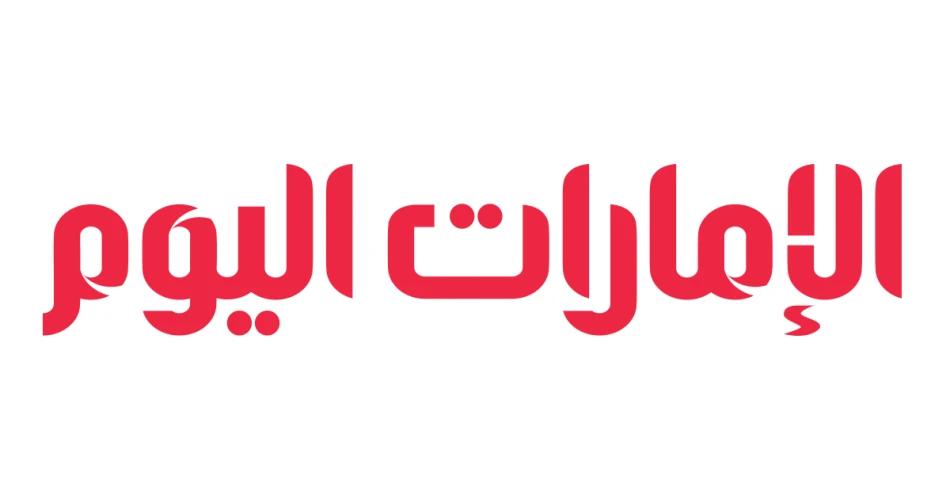
Sharjah Chess Club Competes in Club World Cup and Arab Championship
Sharjah Cultural Chess Club just claimed the 2025 men's general league title, cementing its position as the UAE's top chess powerhouse. The victory secures the club spots in both the Arab Club Championship and the World Club Championship, marking another milestone in its growing list of achievements.
The club didn't just win one tournament. It swept the season by taking home the overall excellence shield, proving its dominance across multiple categories and age groups. This comprehensive victory shows the depth of talent the organization has built over the years.
But here's what makes this interesting - the club's success isn't accidental. Sheikh Dr. Khalid bin Humaid Al Qasimi, chairman of the club's board, explained their approach: they focus on developing players from youth levels all the way up to the first team. It's a long-term strategy that's clearly paying off.
The timing matters too. Chess has been gaining momentum globally, and UAE clubs are starting to make their mark on the international scene. Sharjah's qualification for world-level competitions puts them in position to showcase Emirati chess talent on a much bigger stage.
Al Qasimi was clear about what comes next. He said this success creates responsibility, not just celebration. The club now needs to maintain its winning streak while representing UAE chess internationally. That's no small task, especially when competing against established chess powerhouses from Europe and Asia.
The club's systematic approach to player development seems to be the key factor. By investing in younger players and building a pipeline of talent, they've created sustainable success rather than relying on individual stars. This method could serve as a model for other sports clubs in the region looking to build lasting competitive advantages.
For the UAE's sports landscape, this represents something bigger than chess. It shows how focused investment in youth development and long-term planning can create internationally competitive programs, even in sports where the country doesn't have traditional advantages.
Most Viewed News

 Sara Khaled
Sara Khaled






